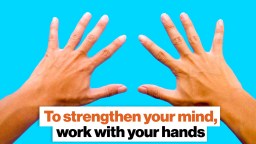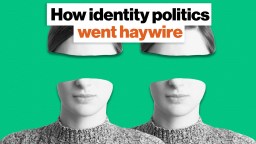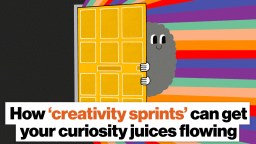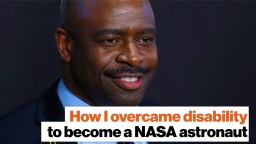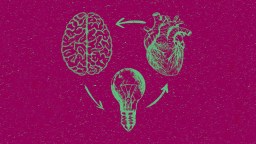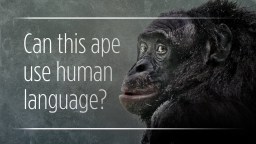Neuropsych
All Stories
Maslow’s Hierarchy of Needs is updated for the 21st century in a new study.
Maybe you both need a time-out.
To strengthen your mind, work with your hands, says former astronaut Leland Melvin.
▸
3 min
—
with
Why free thought has died on university campuses.
▸
4 min
—
with
You can incorporate these science-backed activities into your evening routine tonight.
Who would have thought that endlessly comparing your life to others would make you feel bad?
Over 67,000 trials by the Color Guard can’t be wrong.
One of the most famous experiments in psychology might be completely wrong.
Researchers find out why some people believe utter BS.
When it comes to flirting, love meters have nothing on these researchers’ findings.
New research suggests brains anticipate future events through a process called anticipatory timing.
Need to kick-start your creativity? This technique can really help.
▸
3 min
—
with
Schadenfreude is a common feeling, but not all of it is the same.
An astronaut had to overcome hearing loss to get to fly to space.
▸
5 min
—
with
It’s not just a case of “what doesn’t kill you makes you stronger.”
As it turns out, being just enough of a psychopath can do wonders for your creative career.
Entrepreneur and author Andrew Horn shares his rules for becoming an assured conversationalist.
▸
5 min
—
with
Then again, maybe the study is fake news too.
When you slow down after exiting the highway, or hush your voice in the library, you’re using this brain mechanism.
Journaling can help you materialize your ambitions.
▸
5 min
—
with
A guide to making difficult conversations possible—and peaceful—in an increasingly polarized nation.
▸
5 min
—
with
Pleasure is not just about experiencing an enjoyable moment. It also involves anticipation – a connection between one’s present and future selves.
We’ve tried talking with apes for nearly a century. How far have we got?
▸
with
We know the dangers of too little sleep. Now for the other side of the story.
Researchers discover a link between nonverbal synchronization and relationship success.
They’re at a higher risk for depression, weekend binge drinking, and unnecessary dieting.
It’s been used by everyone from philosophers to business leaders — and Stanford research shows it really makes a difference.
“Our results show why debates about controversial issues often seem so futile,” the researchers said.




